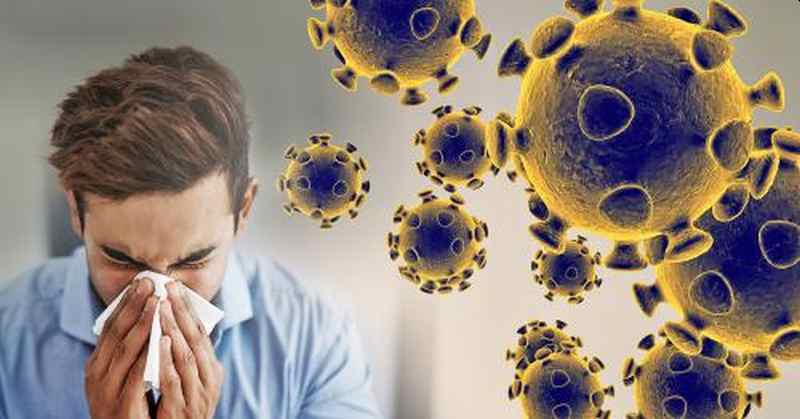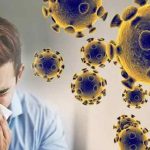How to prepare for the novel coronavirus (COVID-19) outbreak, symptoms and more

Coronavirus, which was first reported in December 2019 in Wuhan, China, has now claimed 2,814 lives with at least 82,585 confirmed cases. There are now more new cases occurring every day outside of China than within. With all the bad news going around about the virus outbreak, there is at least one positive news. For the first time, the number of newly recovered patients has been greater than the number of newly infected every day since Feb. 19. Over 33,272 people have now recovered from the virus according to site tracking the virus outbreak.
For confirmed coronavirus disease 2019 (COVID-19) cases, reported illnesses have ranged from mild symptoms to severe illness and death. Symptoms can include: Fever, Cough, and Shortness of breath. U.S. Center for Disease Control (CDC) said they believe at this time that symptoms of COVID-19 may appear in as few as 2 days or as long as 14 days after exposure. This is based on what has been seen previously as the incubation period of MERS-CoV viruses.
While researchers and scientists are working around the clock to develop vaccine and find cure for the virus, the question on top of everyone’s mind is, how do I prepare for the coronovirus and keep my loved ones safe? Thankfully, the most reliable answer to this question comes from the CDC. While the immediate risk of this new virus to the American public is believed to be low at this time, everyone can do their part to help us respond to this emerging public health threat.
Below are CDC recommendations:
- It’s currently flu and respiratory disease season and CDC recommends getting a flu vaccine, taking everyday preventive actions to help stop the spread of germs, and taking flu antivirals if prescribed.
- If you are a healthcare provider, be on the look-out for people who recently traveled from China and have fever and respiratory symptoms.
- If you are a healthcare provider caring for a COVID-19 patient or a public health responder, please take care of yourself and follow recommended infection control procedures.
- If you have been in China or have been exposed to someone sick with COVID-19 in the last 14 days, you will face some limitations on your movement and activity. Please follow instructions during this time. Your cooperation is integral to the ongoing public health response to try to slow spread of this virus. If you develop COVID-19 symptoms, contact your healthcare provider, and tell them about your symptoms and your travel or exposure to a COVID-19 patient.
- For people who are ill with COVID-19, please follow CDC guidance on how to reduce the risk of spreading your illness to others.
You can read more at CDC.Gov




